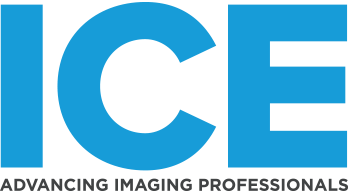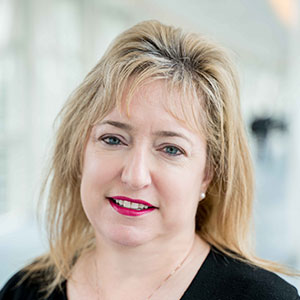
By Melody Mulaik
 If your radiologists perform reads in a different geographic location from where the patient received their service, you may have more credentialling requirements than you realize. For example, if your practice is located in state A and you have a radiologist reading images from his summer home in state B, does the radiologist have to be licensed in state B in addition to state A? The answer depends on the state and its specific requirements.
If your radiologists perform reads in a different geographic location from where the patient received their service, you may have more credentialling requirements than you realize. For example, if your practice is located in state A and you have a radiologist reading images from his summer home in state B, does the radiologist have to be licensed in state B in addition to state A? The answer depends on the state and its specific requirements.
Before we discuss the specifics on how to bill for Medicare services, remember that final reads rendered outside the United States cannot be billed. Also, billing for commercial payers depends on each payer’s policies.
The address listed in Block 32 of the CMS-1500 claim form plays a very important role in reimbursement. Medicare payment rates vary according to the geographic location where the service was performed, and Medicare contractors use the ZIP code in Block 32 to determine which payment rate applies. Additionally, the Centers for Medicare and Medicaid Services (CMS) requires the provider to file the claim to whichever Medicare contractor has jurisdiction over the location in Block 32.
The address listed in Block 32 of a professional component claim is supposed to represent the “interpreting physician’s location” – i.e., the specific address where the physician was sitting when he or she interpreted the study. Often this will be an established practice location such as a hospital, imaging center or private office. But with digital imaging and high-speed Internet service, physicians can perform interpretations virtually anywhere.
The Medicare Claims Processing Manual (Chapter 13, Section 150) states, “If the professional interpretation was furnished at an unusual and infrequent location, for example, a hotel, the locality of the professional interpretation is determined based on the Medicare enrolled location where the interpreting physician most commonly practices.” In this situation the radiology group can enter its usual practice location on the claim instead of the radiologist’s actual physical location.[1]
If the radiologist performs interpretations at a location that does not qualify as “unusual and infrequent,” the group will need to add it as an additional practice location on its Medicare 855 enrollment form. If the location is in a different contractor jurisdiction, the group will also need to enroll with the contractor for that jurisdiction.
For global billing, the Medicare Claims Processing Manual (Chapter 13, Section 150) states:
“If the same physician or other supplier entity does not furnish both the TC and PC of the diagnostic service, or if the same physician or other supplier entity furnishes both the TC and PC but the professional interpretation was furnished in a different payment locality from where the TC was furnished, the professional interpretation of a diagnostic test must be separately billed with modifier -26 by the interpreting physician.”
In other words, global billing is permitted when the same physician or supplier furnishes both the technical component (TC) and the professional component (PC). This requirement is met when the same physician both supervises and interprets the study, or when the interpreting physician has an employment relationship with the entity that provided the TC AND the TC and the PC are provided in the same payment locality.
When a service meets the requirements for global billing, Block 32 of the global claim should contain the name, address and National Provider Identifier (NPI) of the location where the test was furnished.
For more information about Place of Service (POS) reporting, please review the CMS FAQs, the Claims Processing Manual and your local Medicare contractor’s publications.
Melody Mulaik, MSHS, CRA, RCC, RCC-IR, CPC, COC, FAHRA, is the president of Revenue Cycle Coding Strategies.








